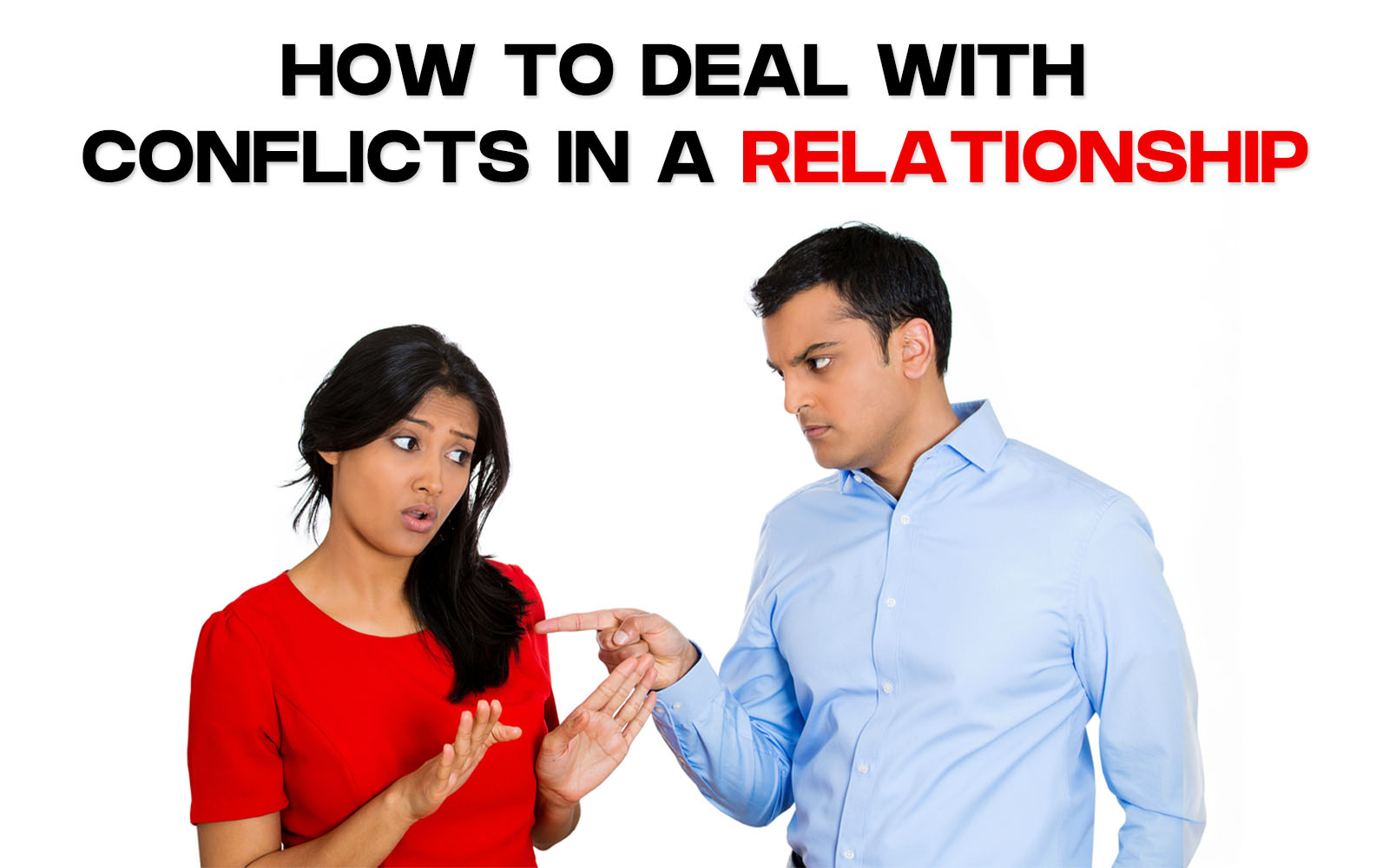How To Deal With Conflicts In a Relationship


The majority of individuals on shadi.com have found success in discovering their true soulmates. Recently, we reached out to these success stories to gather insights on dealing with conflicts in a relationship. We received diverse perspectives and valuable tips from people with varied backgrounds. In this guide, we will share their strategies and advice.
Before we delve deep into this topic, one important thing to mention is that conflicts are inevitable in relationships. When two people live together, there will be miscommunications, differences of opinion and disagreements. However, not all conflict can be considered negative because sometimes it can bring two people close to each other and foster emotional connection. If the negativity in the discussion outweighs the positivity, then conflicts become unhealthy and greater distance.
Dealing with conflicts
To deal with relationship conflicts, couples need to instil two things in their relationship. First, they should try to decrease the negativity and second, they should search for positivity in each other. Here is how you can foster a positive emotional connection.
Therapy is must
Therapy has saved lives, and relationships and breathed a fresh start in many people. Many times there are suppressed thoughts or emotions in our subconsciousness that we can’t express verbally. A good therapist can help you project such thoughts to your partner.
Couple therapy can resolve various complicated conflicts and save marriages from breaking up. A good couple therapist can let you know the dynamic of your relationship and provide you with guidance that can create positivity in the relationship. Shaadi
Individual therapy is also essential for people who are unable to deal with their past trauma. Keep in mind that your partner can’t make you happy if you are not happy. To have a healthy and happy relationship, you should try to be the version of yourself.
Be gentle
To resolve conflicts effectively, both parties must engage in gentle and respectful verbal communication because the way you start an argument always determines its end. Instead of attacking each other, focus on finding solutions collaboratively. Sometimes a solution to your problem might not benefit your partner so both couples must meet in the middle, leading to compromise.
It is also important not to discuss anything when emotions take control and a person gets aggressive. In such cases, take time out, you can take hours or days to calm yourself before indulging in an open discussion.
Take responsibility
No one is perfect. We all make mistakes. It takes two people to have any conflict. In a happy and healthy relationship, both parties take their own responsibility and apologize from their end. Blaming each other or anyone else will only make things worse and prolong the fights. Taking accountability can mend your broken relationship.
Compromise when possible
Every relationship is built on compromise from both sides. It resolves conflicts and eradicates any problem that couples are facing as a team. Compromising is often hard to achieve. The best way is to take turns when it comes to a decision or find a middle ground that satisfies both parties.
Have some ground rules
If conflict happens more often in your relationship then set some ground rules and draw boundaries. Discuss what you both want from your relationship e.g. you can make sure that no one goes to bed angry or eat dinner alone. This way your fights won’t be prolonged and there will be fewer disappointments.
Bottom line
Healthy conflicts in a relationship are normal and couples shouldn’t be afraid of this. Fewer efforts are needed to have a happy and healthy long-term relationship. Let your partner know that you care about them and they mean the world to you. Use kind words and show gratitude.